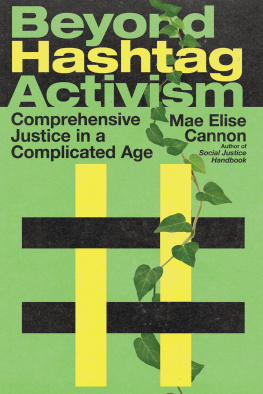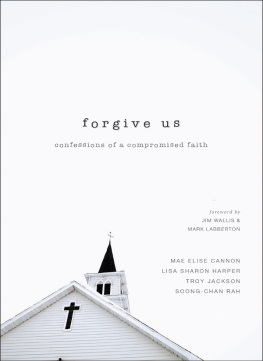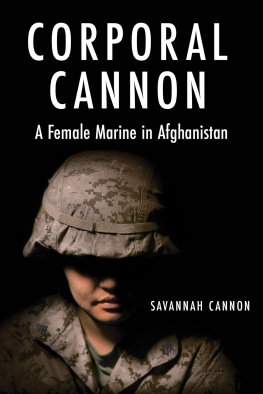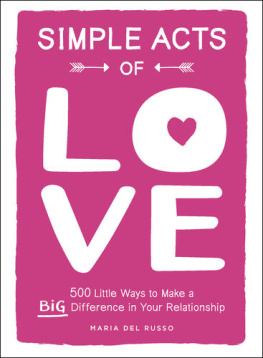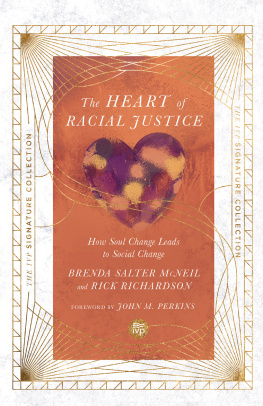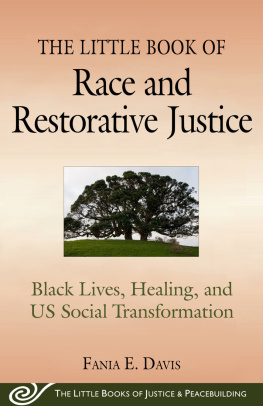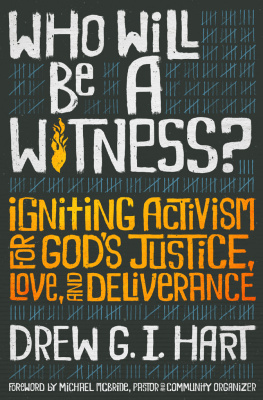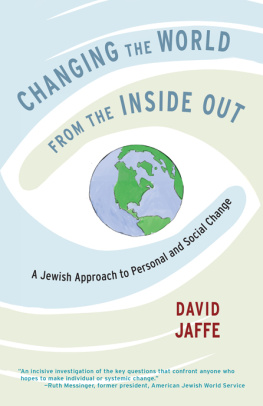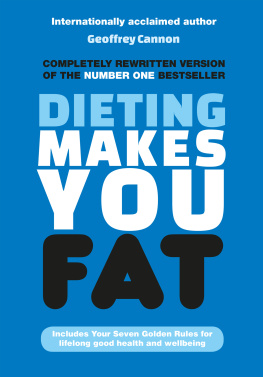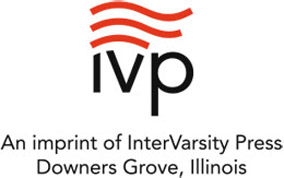Sommaire
Pagination de ldition papier
Guide
InterVarsity Press
P.O. Box 1400, Downers Grove, IL 60515-1426
ivpress.com
2020 by Mae Elise Cannon
All rights reserved. No part of this book may be reproduced in any form without written permission from InterVarsity Press.
InterVarsity Pressis the book-publishing division of InterVarsity Christian Fellowship/USA, a movement of students and faculty active on campus at hundreds of universities, colleges, and schools of nursing in the United States of America, and a member movement of the International Fellowship of Evangelical Students. For information about local and regional activities, visit intervarsity.org.
All Scripture quotations, unless otherwise indicated, are taken from The Holy Bible, New International Version, NIV. Copyright 1973, 1978, 1984, 2011 by Biblica, Inc. Used by permission of Zondervan. All rights reserved worldwide. www.zondervan.com. The NIV and New International Version are trademarks registered in the United States Patent and Trademark Office by Biblica, Inc.
While any stories in this book are true, some names and identifying information may have been changed to protect the privacy of individuals.
Cover design and image composite: David Fassett
Interior design: Jeanna Wiggins
Images: ivy plant: ranasu / E+ / Getty Images
textured paper: troyek / E+ / Getty Images
ISBN 978-0-8308-3644-4 (digital)
ISBN 978-0-8308-4589-7 (print)
This digital document has been produced by Nord Compo.
To the board and members
of Evangelicals for Justice (E4J)
May we never give up on the hope
of the Good News of the gospel
and the knowledge that one day Gods kingdom
of love and justice will come
(Hosea 12:6)
Introduction
#METOO. # LIKEAGIRL. #WEACCEPT. The internet and social media have changed the face of social justice advocacy with hashtag campaigns. These movements have accomplished much in raising awareness about important justice issues like global poverty and gender discrimination. Hashtag activism can be understood as the social media worlds engagement of thousands of internet users who express their opinions, stand in solidarity around certain issues, and show support for causes they care about via different social media platforms like Twitter, Facebook, Instagram, and other venues. Hashtag activism is a great place to start, but our social justice advocacy must move beyond the limits of likes, sharing, and click rates.
Beyond Hashtag Activism seeks to enter into social media realities while calling readers and the church toward a more comprehensive perspective on justice issues. Much has changed over the past decade in terms of Christian engagement with social justice in the United States. On the one hand, American Christians have made significant progress through the support of international development organizations like World Vision and Compassion International in addressing the realities of global poverty. For example, the number of children under five dying every day from preventable causes has decreased over the past several decades by halffrom more than thirty thousand children a day to around fifteen thousand children a day. On the other hand, much work is still to be done.
Today, Christians in the United States have never been more divided on issues of social justice. In a 2018 letter called The Statement on Social Justice and the Gospel, conservative evangelicals claimed social justice is dangerous to the core tenets of the gospel. With the election of President Trump to the Oval Office, racial and political divides have become more extreme between Bible-believing evangelicals of color and white evangelicals, many of whom are sometimes identified as Trump evangelicals. As evangelicals of color become increasingly disenfranchised with white Christianity, many are throwing in the towel on movements toward reconciliation.
Beyond Hashtag Activism enters into these realities within evangelicalism in the United States. It articulates a holistic reading of the gospel of Jesus Christ that is inclusive of core principles of social justice, including responding to the needs of the poor in the United States and around the world, addressing the realities of racial inequities and white supremacy, acknowledging and calling for change in the mistreatment of women domestically and internationally, and wrestling through questions on the horizon that the evangelical church will have to address.
Certainly comprehensive justice is an audacious claim. This book doesnt cover all that there is to cover on questions about the church, civil society, advocacy, activism, and biblical justice. Rather, it seeks a comprehensive, interdisciplinary, and intersectional approach to many of the most critical aspects of domestic and global injusticeinstead of viewing them in isolation from one anotheras we ask how God might call us to respond as Christian individuals and as the church. Our individual solutions to complex problems are not enough. The only way the church will be able to effectively respond to any type of injustice is to pursue comprehensive methodologies that look at the common themes, trends, and dynamic aspects of broken and unjust systems. A comprehensive approach must be employed to bring change and healing to people, places, and communities where power is abused.
Part one lays a foundation of what the Bible has to say about Gods heart for justice. delves more deeply into political advocacy. How should politics and our faith interact? And what does it mean to have a healthy Christian ethic in our engagement with religion and politics?
Part two emphasizes justice issues in global and domestic poverty. looks at how poverty manifests itself differently in the United States. Material deprivation, the crisis of despair that has led many to opioid addiction and suicide, healthcare, and the growing gap between the rich and the poor in the United States all play a role in domestic poverty.
Part three focuses on race. focuses on global racial and ethnic violence, highlighting historic and contemporary global conflicts and explaining how Christian organizations are seeking to address the resulting humanitarian desperation and respond to the devastating effects of ongoing war.
Part four focuses on gender issues of oppression and injustice around the world. highlights places where women continue to be legally identified as second-class citizens with significant impairments on their freedom and human rights, addressing topics such as sex trafficking, violence against women, body image realities, and the question of abortion.
Part five highlights divides in the twenty-first century. looks at the complex and deeply rooted conflicts around Israel and the Middle East, covering topics such as the Palestinian Christian community, realities of life for Palestinians living under occupation, human rights concerns, and the humanitarian crisis in Gaza. The chapter also addresses anti-Semitism, Christian-Jewish relations, Christian Zionism, and Palestinian liberation theology. The final chapter focuses on religious freedom and how it affects many faith communities in the United States and around the world. This chapter calls readers to stand up against bigotry, anti-Semitism, Islamophobia, and any belief that condemns or brings harm to other faith traditions.

